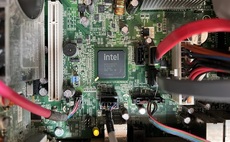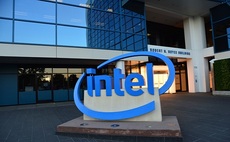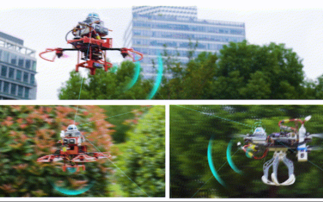Intel apparently abandons its attempts to take on the Raspberry Pi directly
Intel is reportedly scrapping its Galileo, Joule and Edison computing modules. That's according to ZDNet, which obtained documentation revealing the chipmaker's plans to discontinue the three pr...
To continue reading this article...
Join Computing
- Unlimited access to real-time news, analysis and opinion from the technology industry
- Receive important and breaking news in our daily newsletter
- Be the first to hear about our events and awards programmes
- Join live member only interviews with IT leaders at the ‘IT Lounge’; your chance to ask your burning tech questions and have them answered
- Access to the Computing Delta hub providing market intelligence and research
- Receive our members-only newsletter with exclusive opinion pieces from senior IT Leaders






















